THE BIG WAIT...Writing in the Time of Submission Noir
/Yes, it’s been months of radio silence for news about the publication status of my second novel, Last Sunset in San Miguel. I know I’m way overdue for an update but the manuscript is out on submission to agents and I’ve been waiting for something tangible to share. Alas, the status is nada. So it’s nail-biting time and I have settled into The Big Wait, scanning for Query Tracker news and trying not to wear out my spreadsheet rechecking dates of when I should be hearing back. All in all it makes me think I’m stuck in a film noir, where things are strange, ambivalent and murky.
“No one really knows what’s going on.” J.J. Gittes, Chinatown
“Out on submission.” The incredibly looooooong time after you craft and relentlessly workshop an enticing query letter, reduce your exquisitely edited love child (novel) into increments (three pages, ten pages, one chapter) and send it out carefully per very specific instructions ( ex: query letter + first 10 pages in the body of an email not in an attachment!) to an extended list of potential agents that you’ve culled carefully to be the most likely to appreciate and be able to sell it to a publisher. You’re not so naïve to think they’ll jump through hoops at this point. Your hope is that one-to-some will request a full manuscript (so those hoops have a chance of being possible later). That’s not a bar too high, right?
I started the process at the beginning of April, have worked my way through my initial list of shoot-for-the-moon agents, and am now awaiting news that dribbles in from the second, more realistic list. The theory of releasing your queries in stages being that you may learn something from comments of those that reject them that may be useful in sharpening subsequent queries. In general, I would have to say, however, that the comments are pretty similar, falling within the “not the right fit for me,” category, and I resist the urge to underline key phrases from the “what I’m looking for” sections of their web-sites and send it back to them proving that my novel is EXACTLY what they SAY they are looking for.
At the end of each bleak week in The Big Wait of Submission Noir it can pile on pretty heavy, and you remember that the word “submission” involves you, the submissive, receiving pain and humiliation from the dominant agent—even if you’re largely doing it to yourself.
“It’s Not You. It’s Me.”
To be fair, I do appreciate the comments about good-to-great writing, good-to-very interesting/intriguing concept. So far they are all ending in two buckets, both of which begin with “But..: “Not quite what I’m looking for” or “I’m trying to keep my list tight and need to be very selective.” And sometimes they are very specific and make it a glass-half-full day: “You’ve obviously done a great job making your first book a success, but I personally don’t like the subject of expats so I wouldn’t be the right agent for you.” The comments are courteous and honest, but nothing directional. It’s like dating. What they mean is: …“You’re cute but not rockin’ my world.” And you know factors such as their sales history, current reader trends, height of their submission stack, etc. etc., are rumbling in the background, and what they really mean is “I’m just waiting for love at first sight…I’ll know it when I see it.”
Interpreted as Noir-speak it’s something like this, all respect to screenwriter Robert Towne:
Agent: You may think you know what you're dealing with, but, believe me, you don't.
[Writer grins]
Agent: Why is that funny?
Writer: That's what they used to tell me in my query workshops in Chinatown.
See what I mean? But wait, there’s more, echoed even by those who love you:
Friend: Why do you have to go on?
Writer: Too many people tell me to stop.
Stopping Is Not an Alternative. So I Beat On.
The good news is that my full manuscript is now sitting with a few agents who requested it and …I am waiting.🤞 If they bite, the conversation may turn to a potential relationship and hopefully be more like this from Raymond Chandler in The Big Sleep, with help from great screenwriters like Howard Hawks and even William Faulkner! Also a splash from Casablanca and a few fanciful additions by yours truly.
Agent: Speaking of horses, I mean writers, I like to play them myself. But I like to see them work out a little first, see if they’re front runners or come from behind, find out what their hole card is, what makes them run.
Writer: Find out mine?
Agent: I think so.
Writer: Go ahead.
Agent: I’d say you don’t like to be rated. You like to get out in front, open up a little lead, take a little breather in the backstretch, and then come home free.
Writer: You don’t like to be rated yourself.
Agent: I haven’t met anyone yet that can do it. Any suggestions?
Writer: Well, I can’t tell till I’ve seen you over a distance. You’ve got a touch of class, but I don’t know how far you can go. A lot depends on who’s in the saddle . . . Shall we sign up and find out?
Agent: By the way, I love the green jacket. And the ring...oh my!! Style like that bodes well for the beginning of a beautiful friendship.
This is all way too much fun and now I think I may use the endless hours of The Big Wait to write my own noir. I considered this once before, back during COVID. I called it “
Stay tuned.

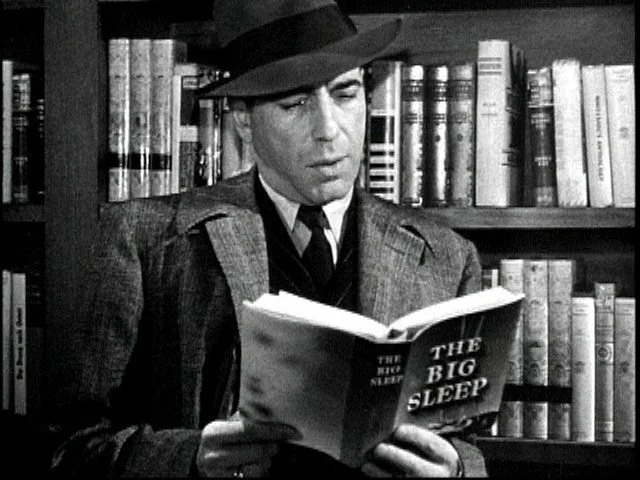
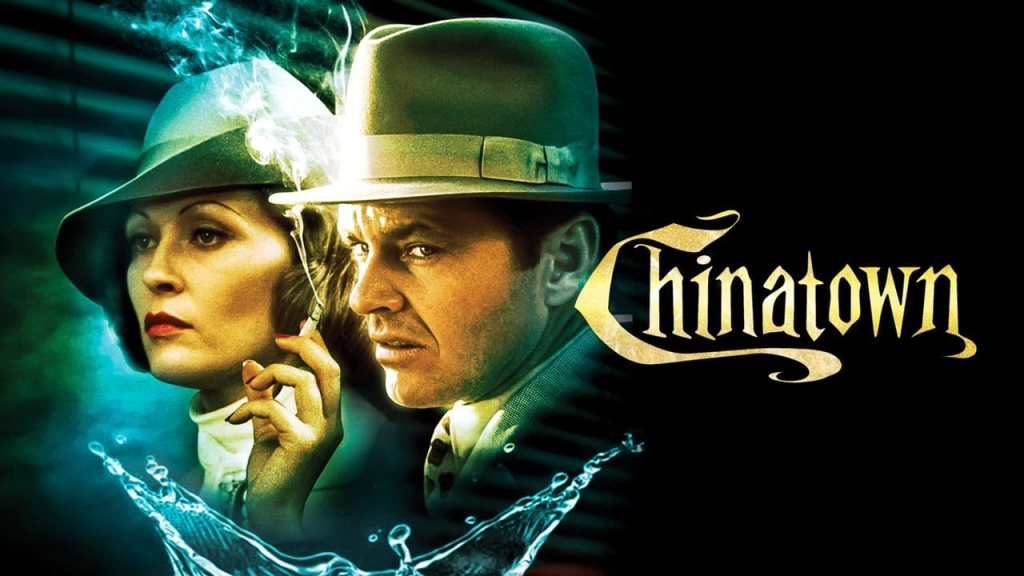
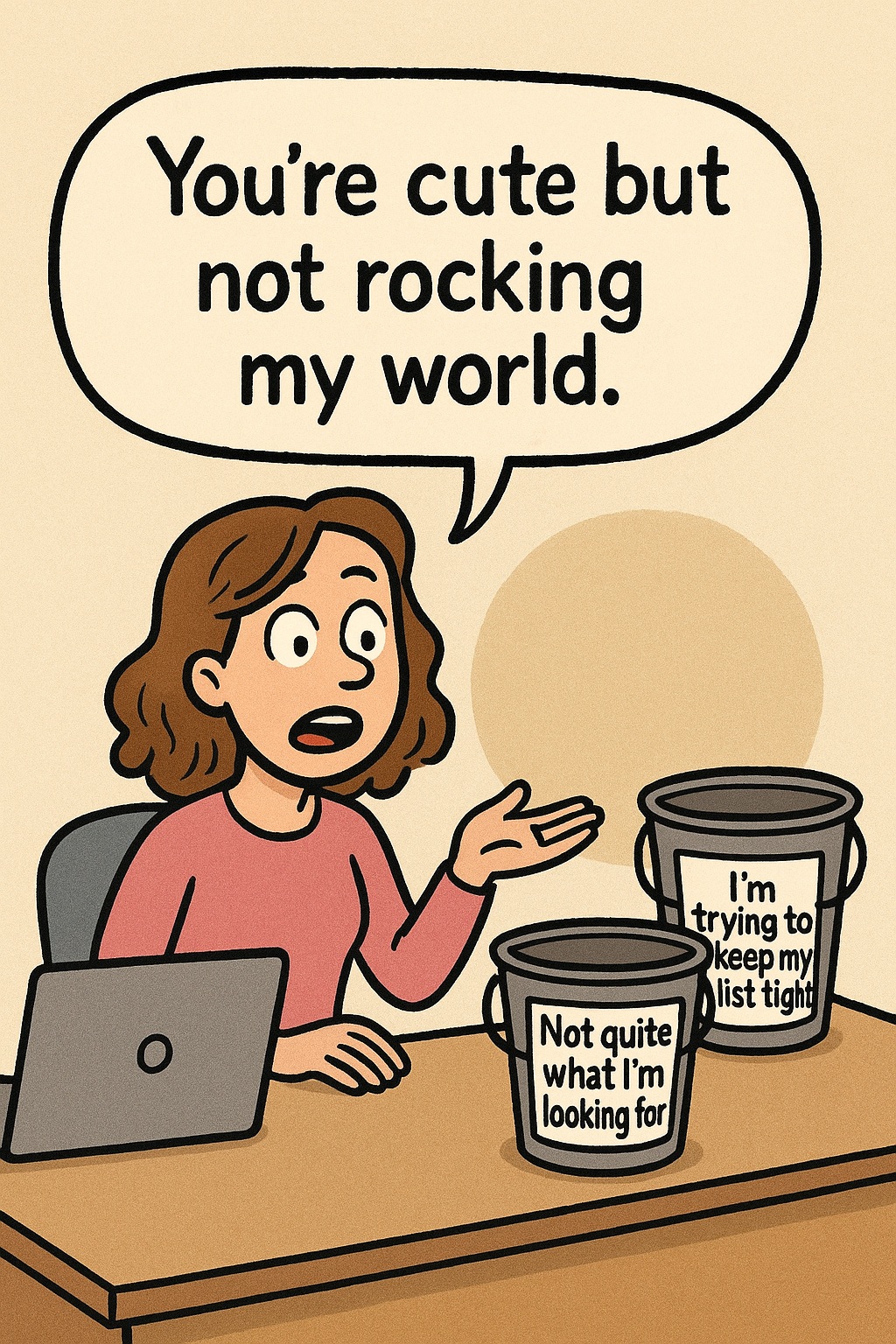
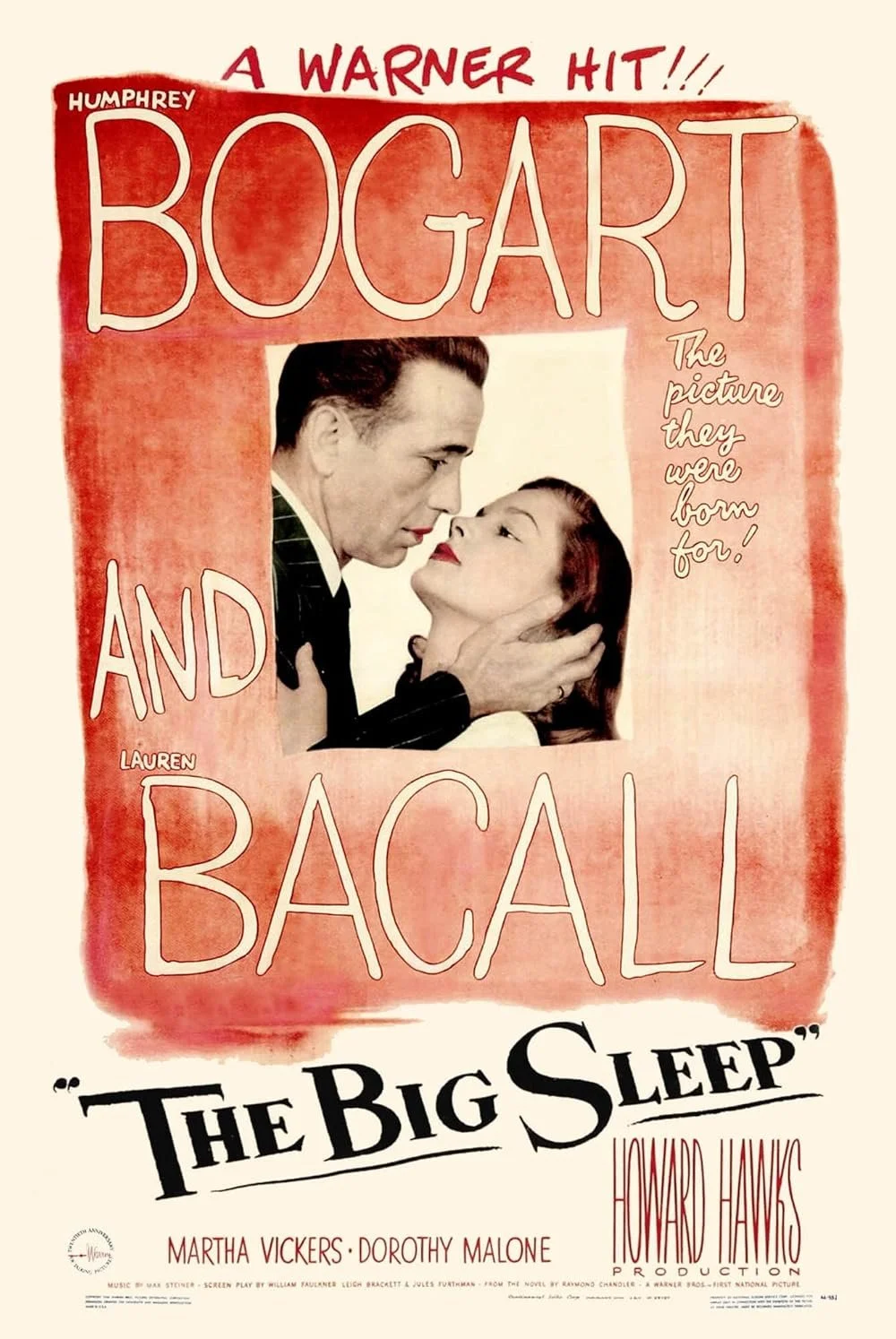

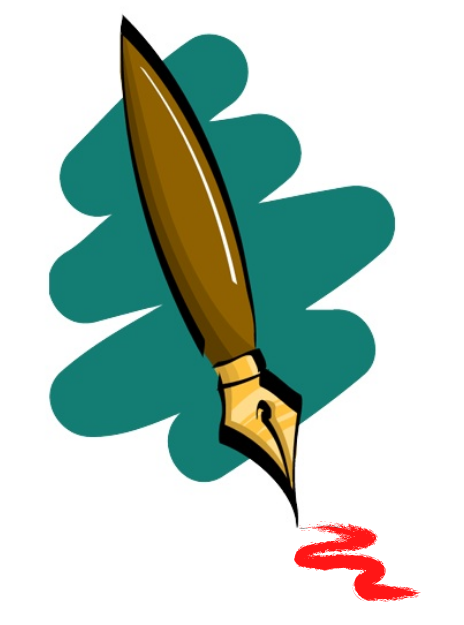










































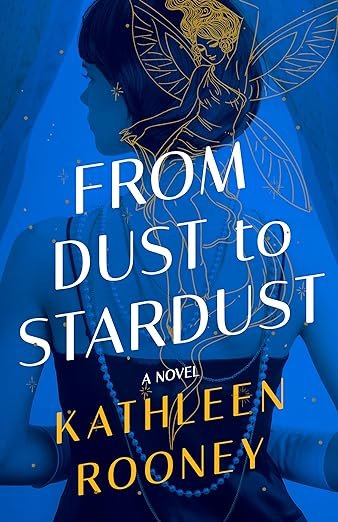



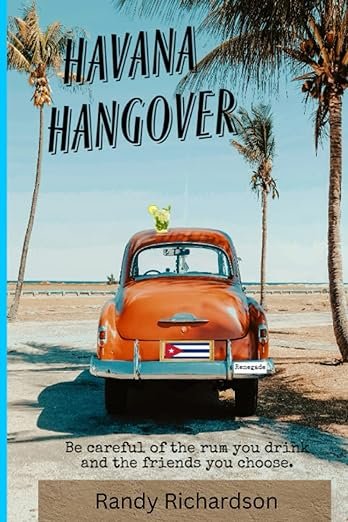










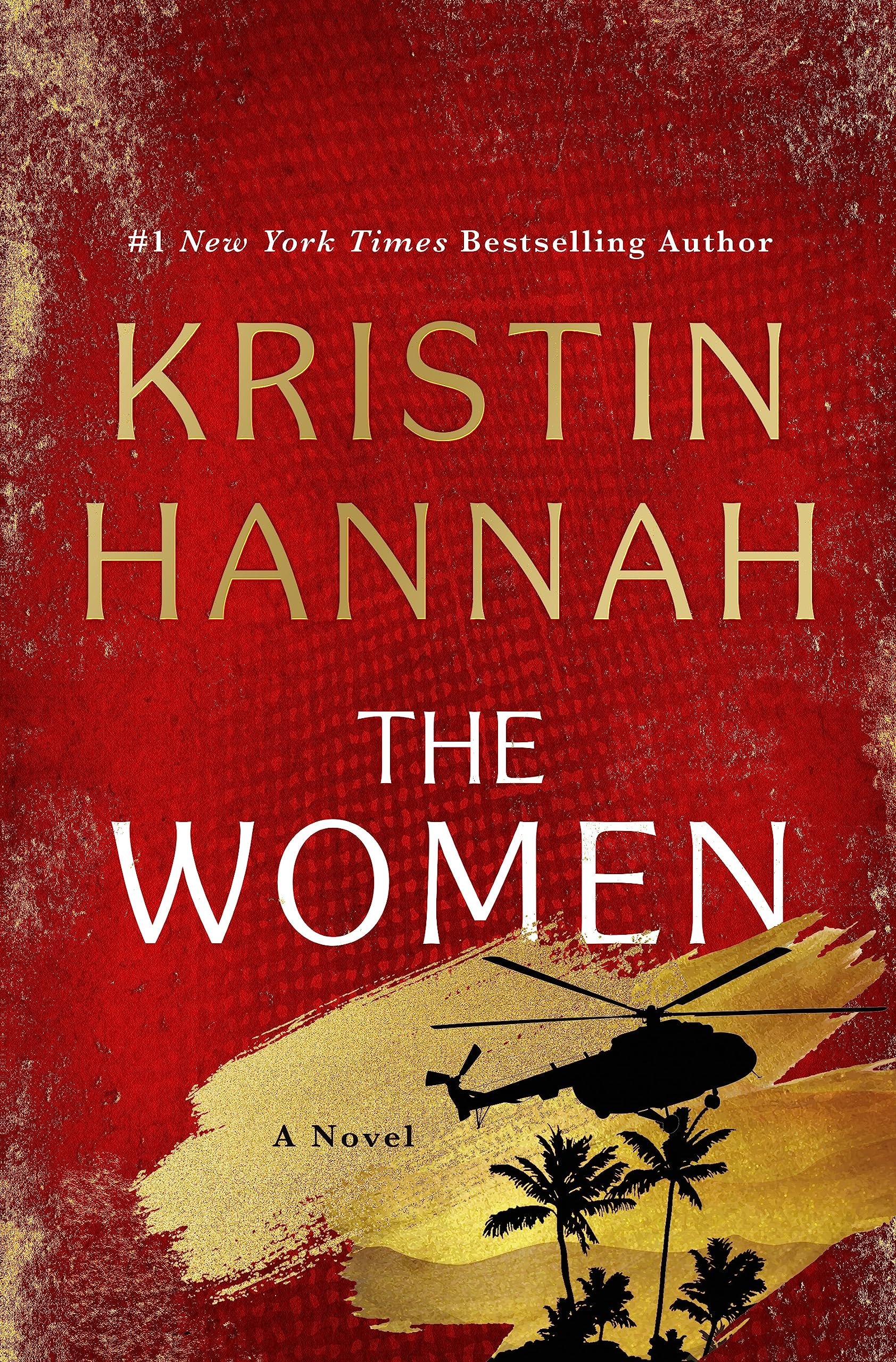












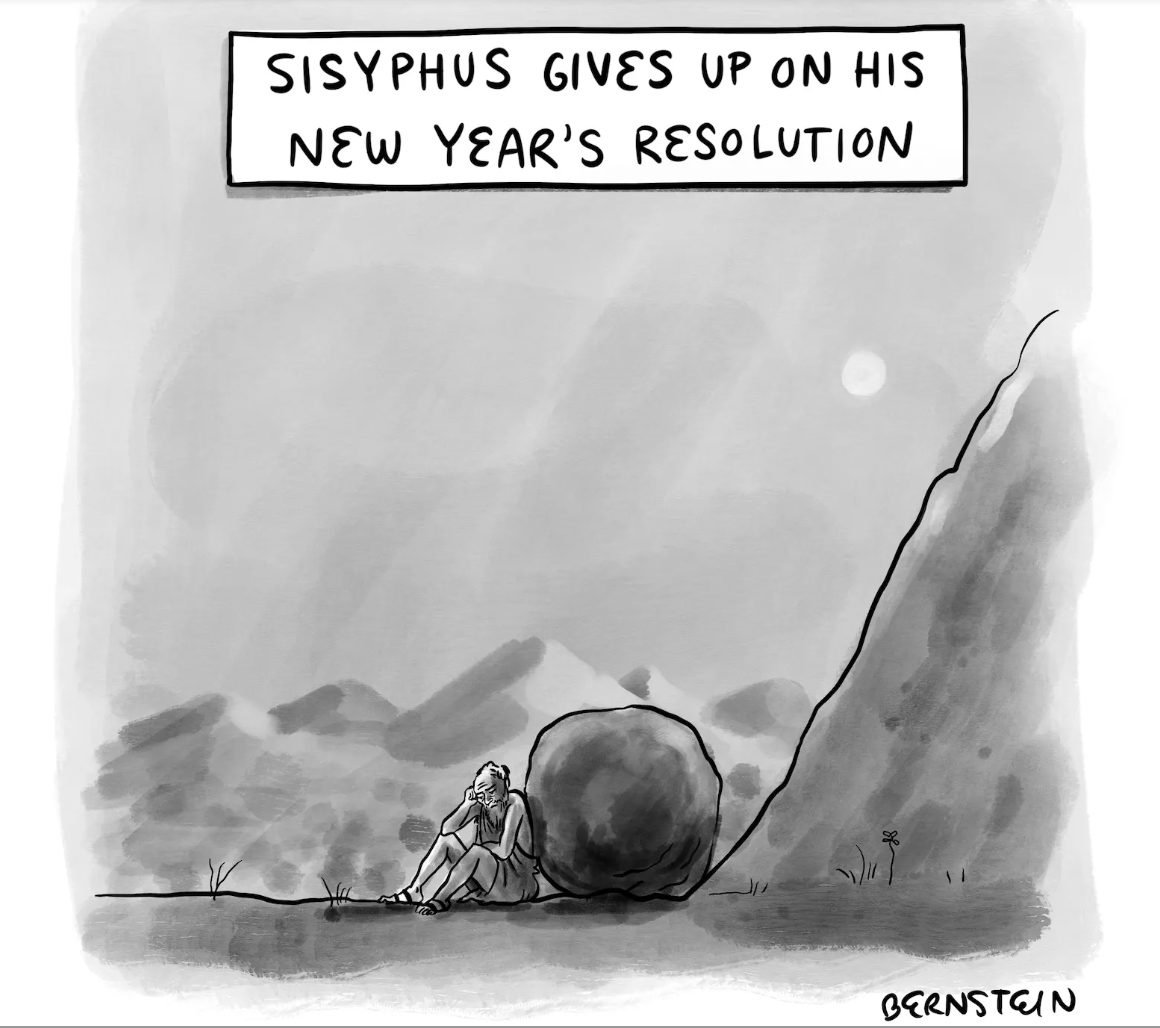


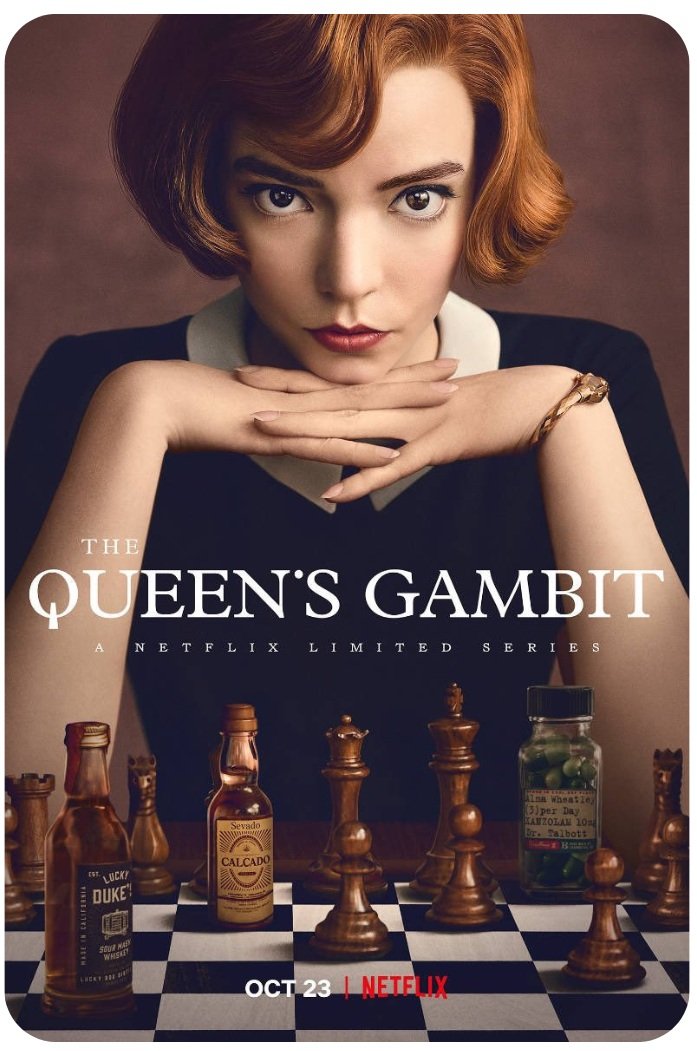

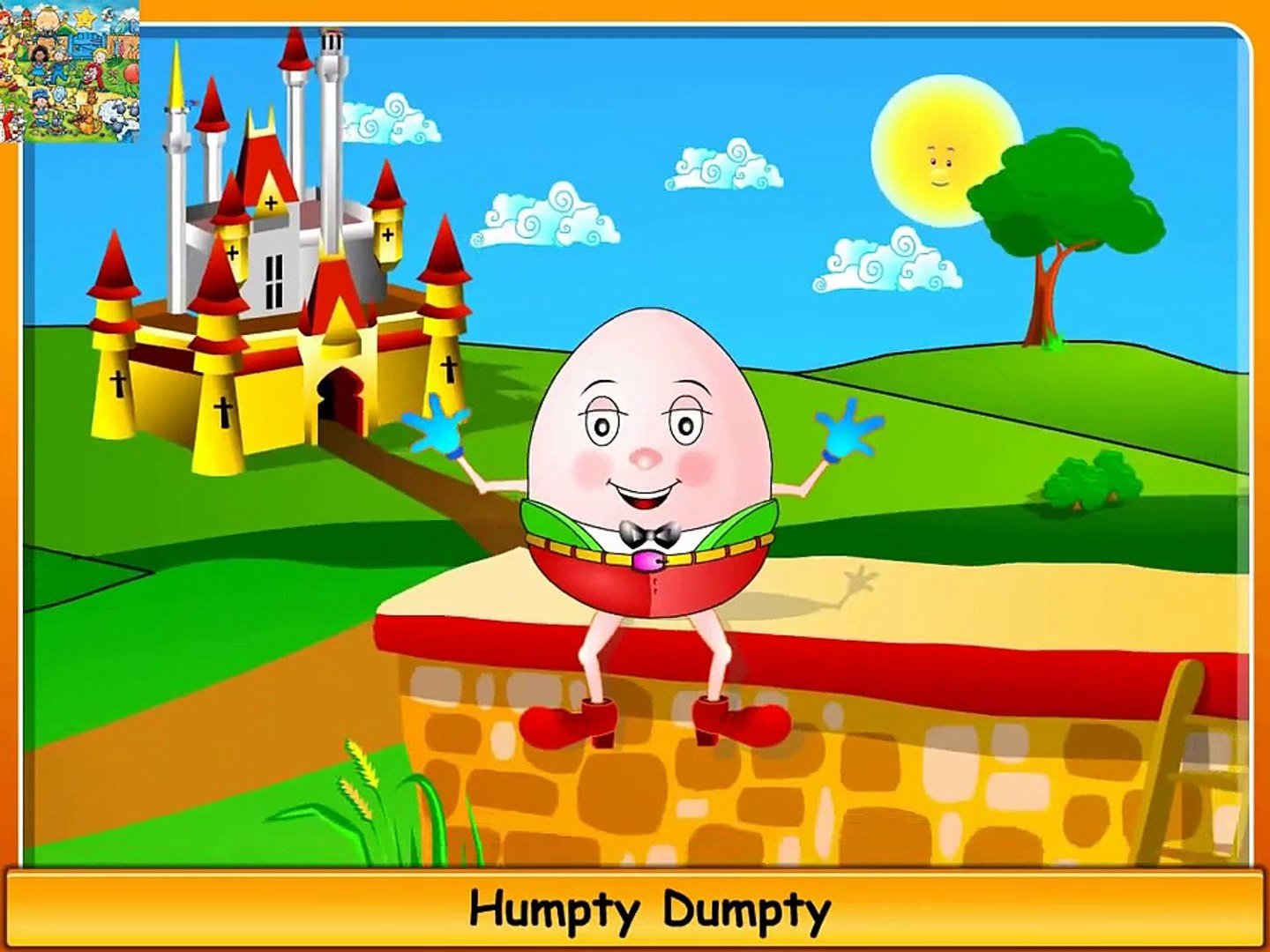











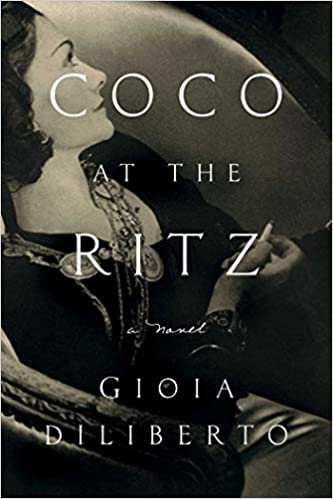


















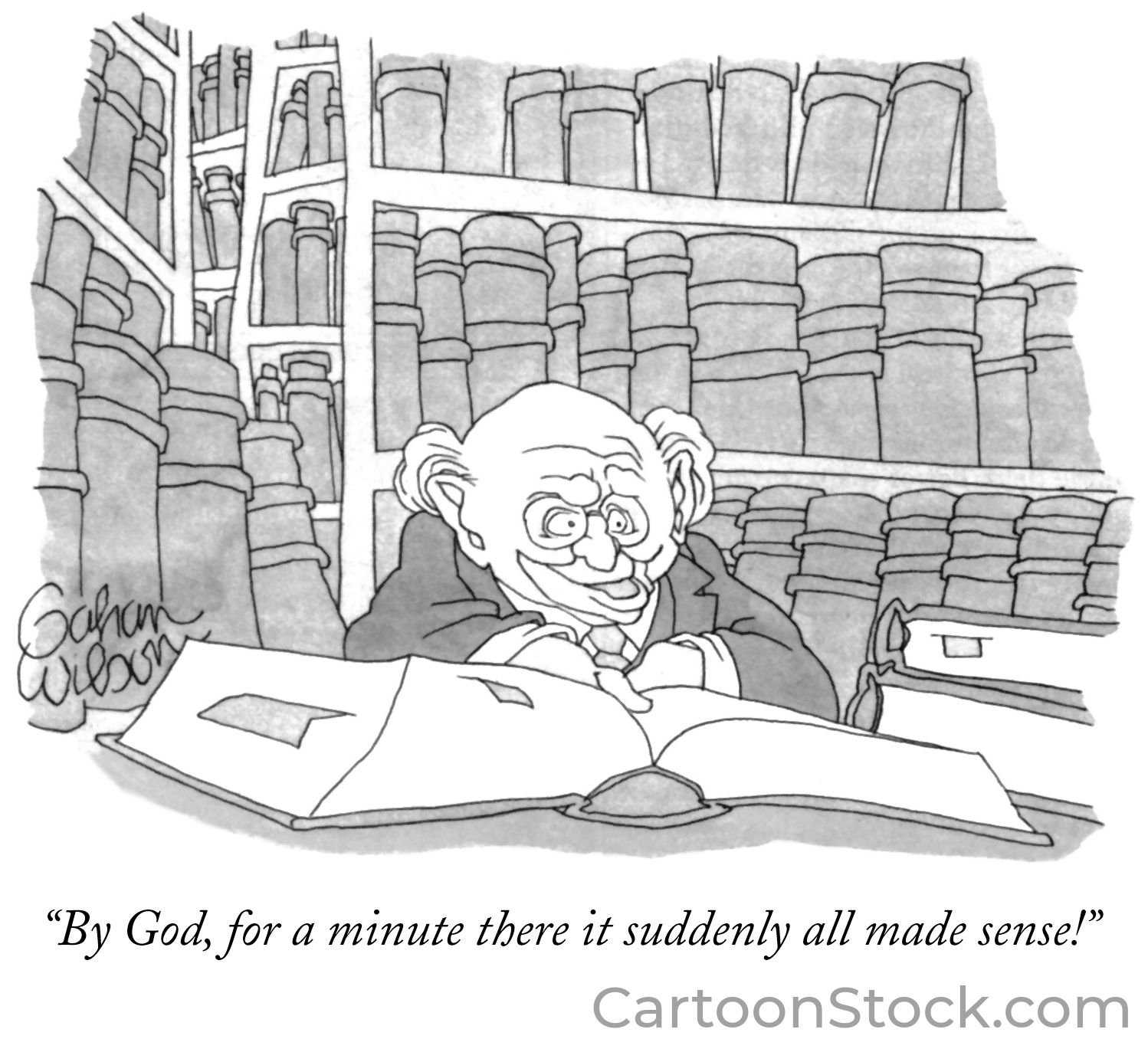
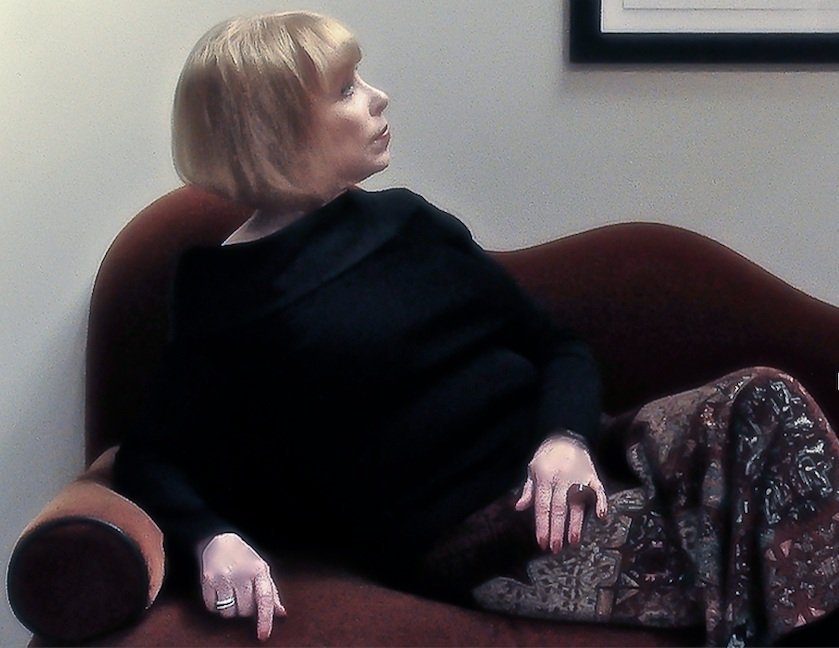

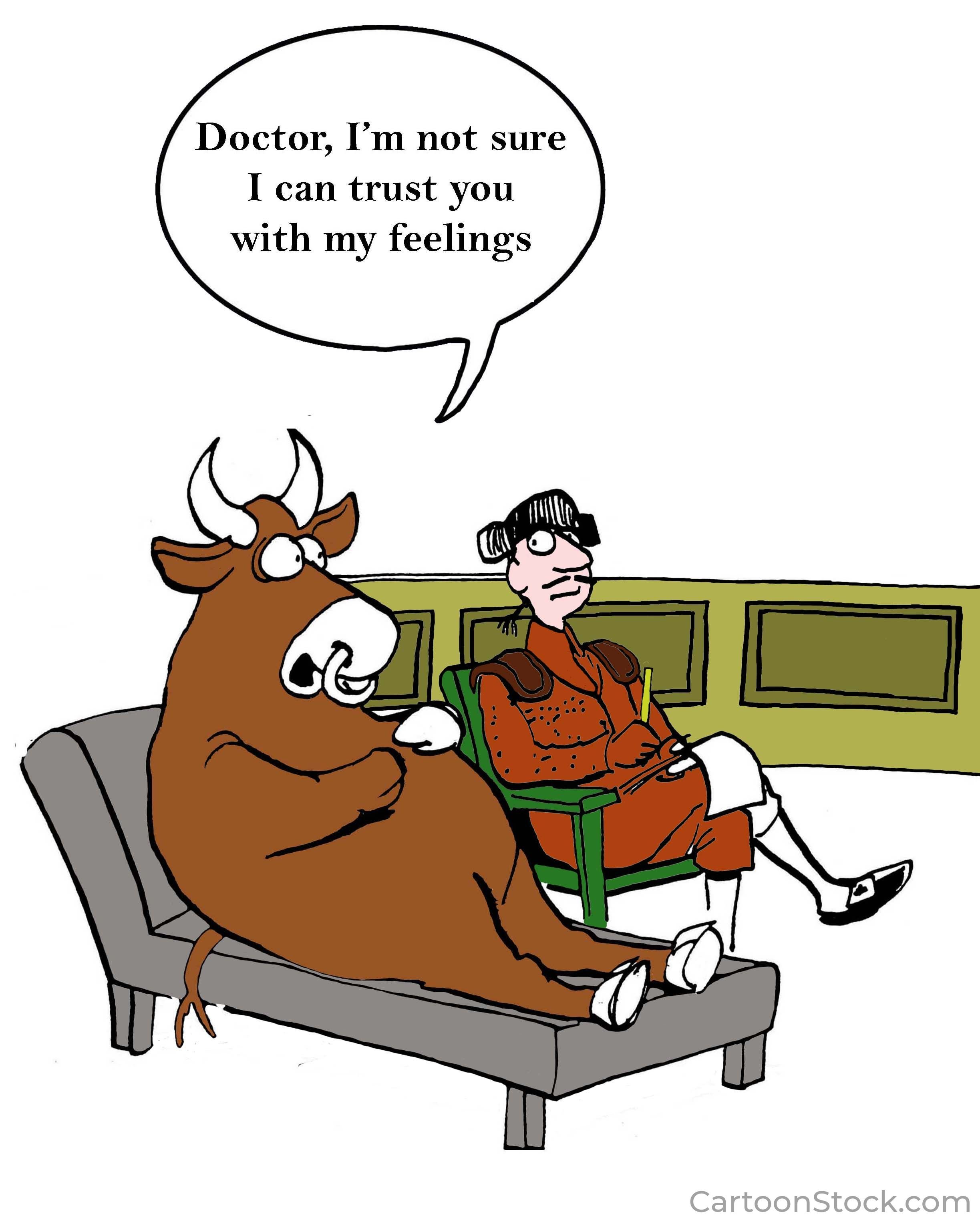

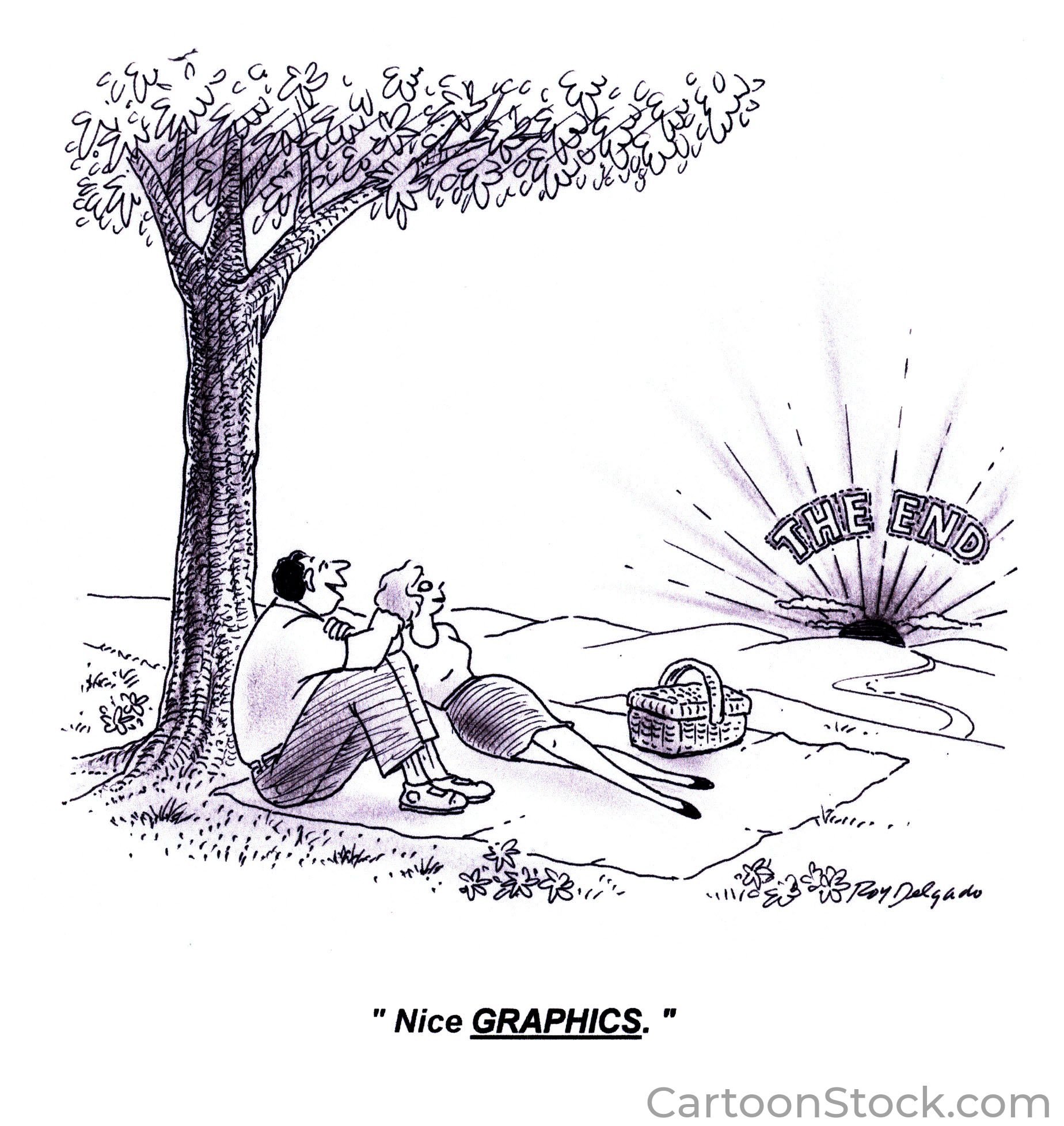

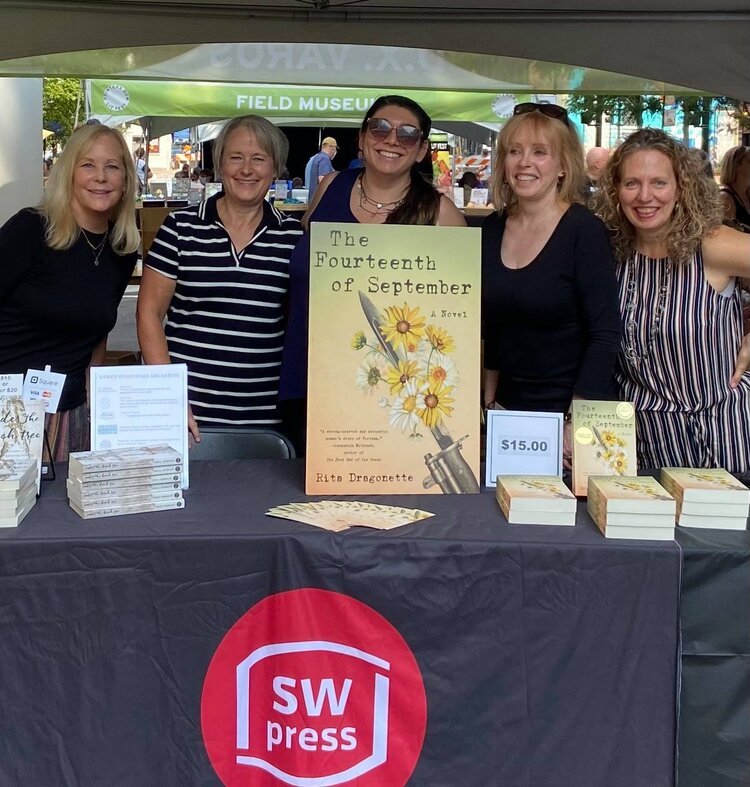
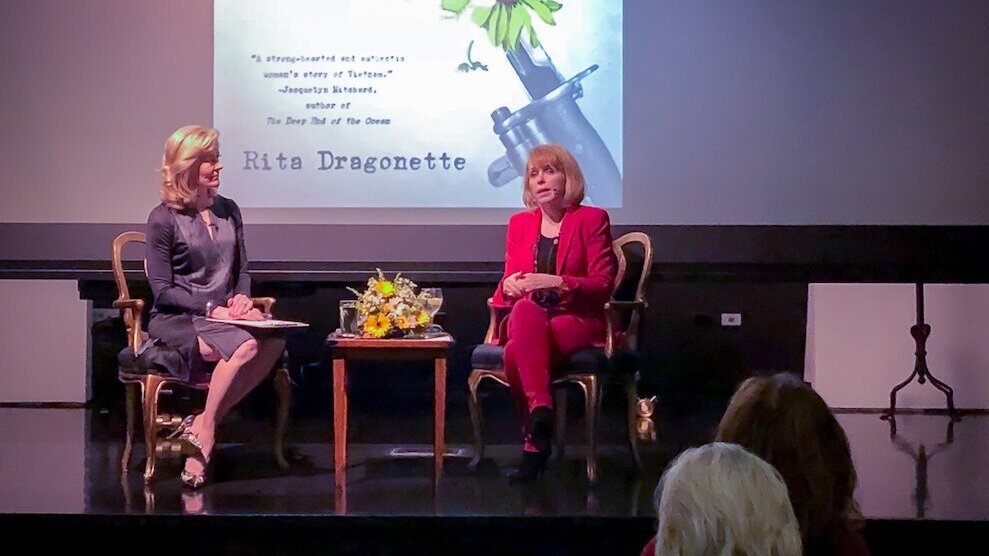
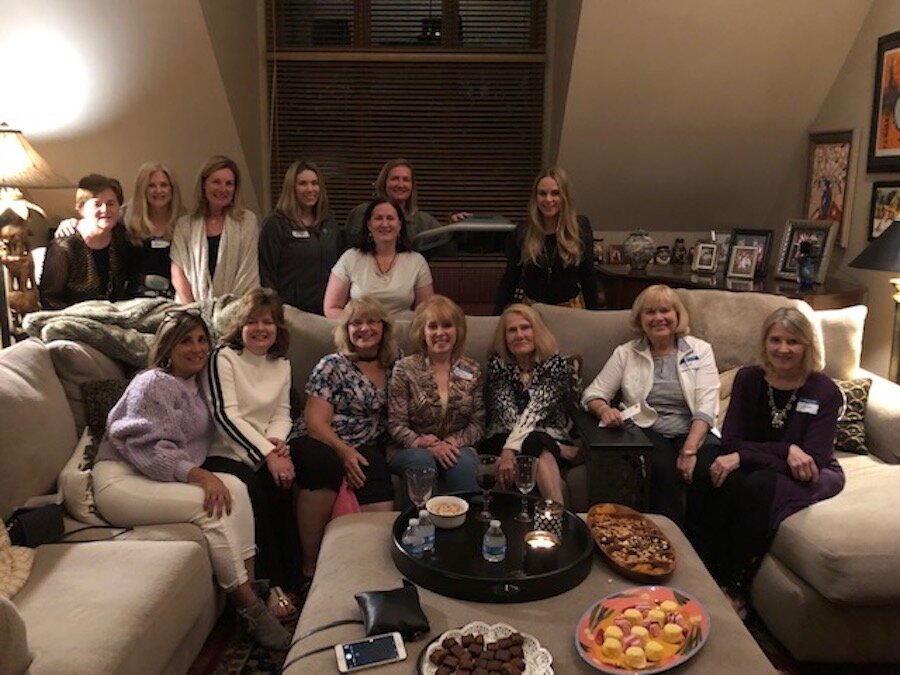
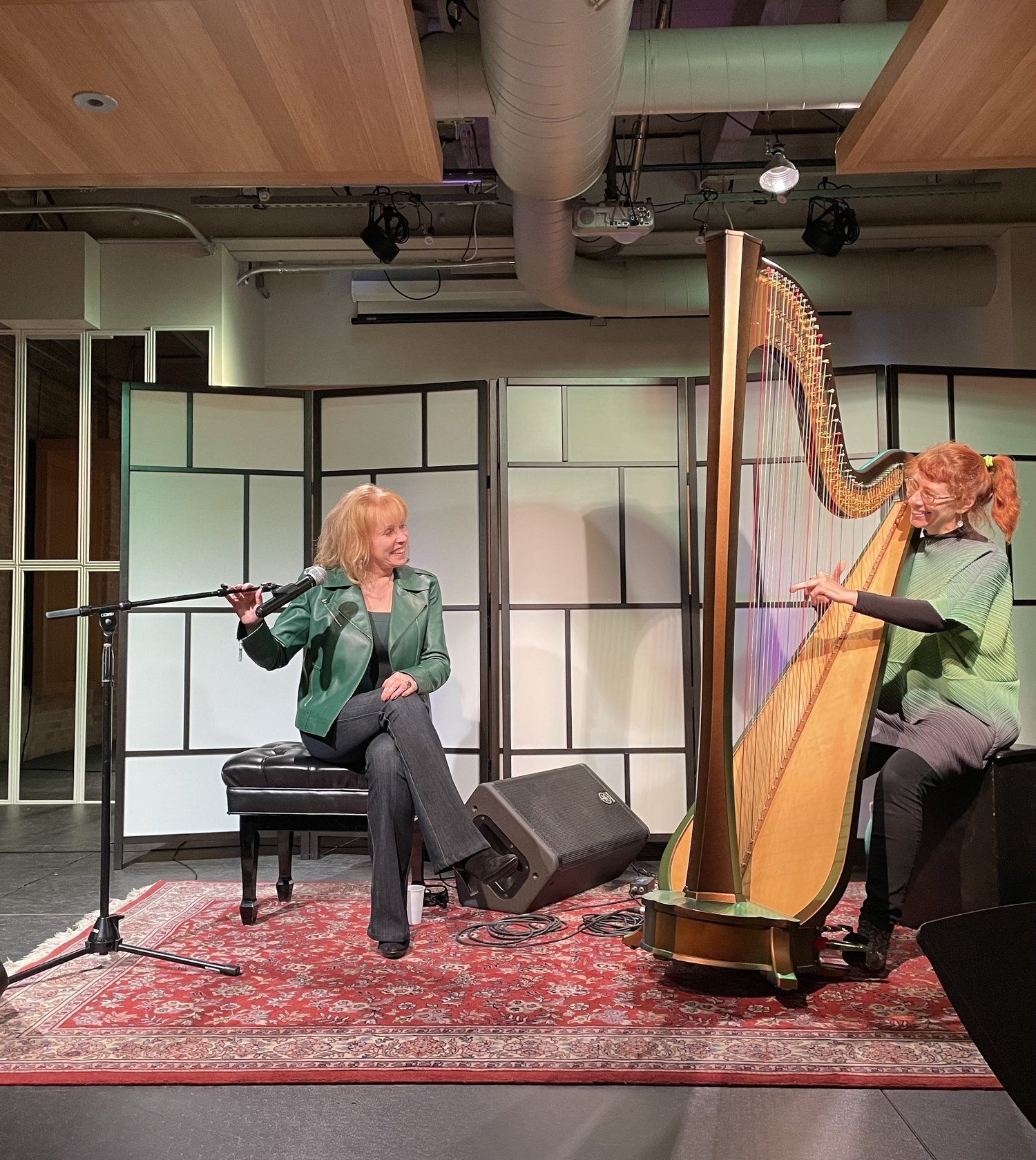
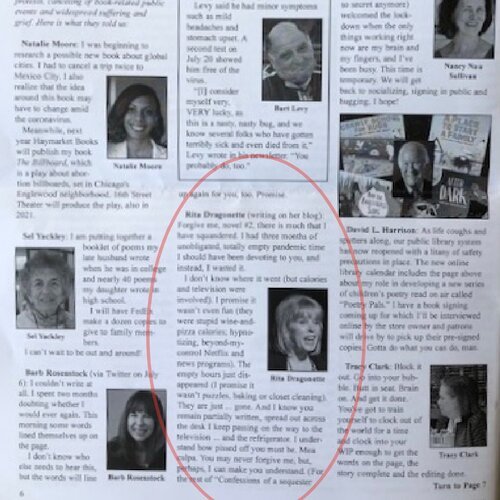
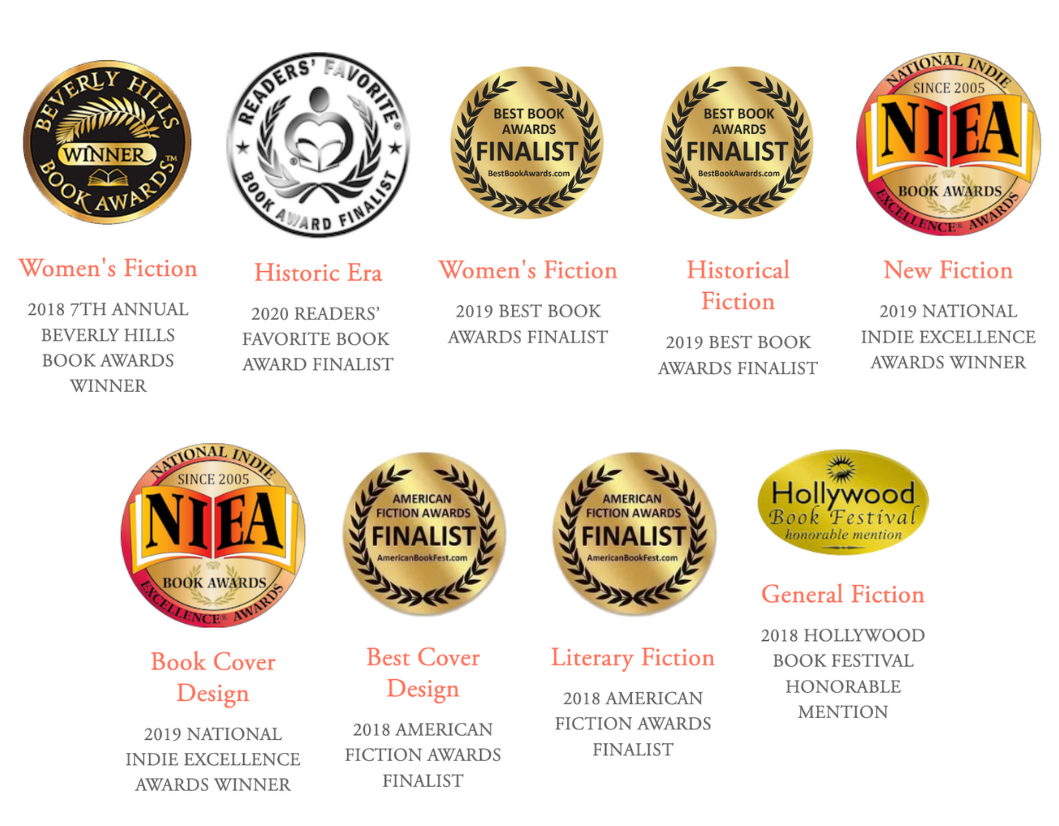
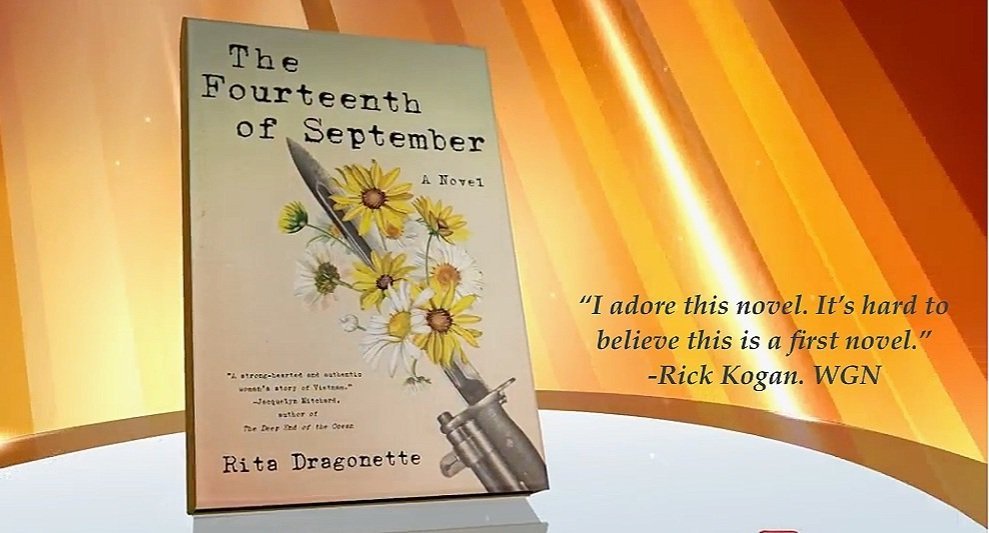








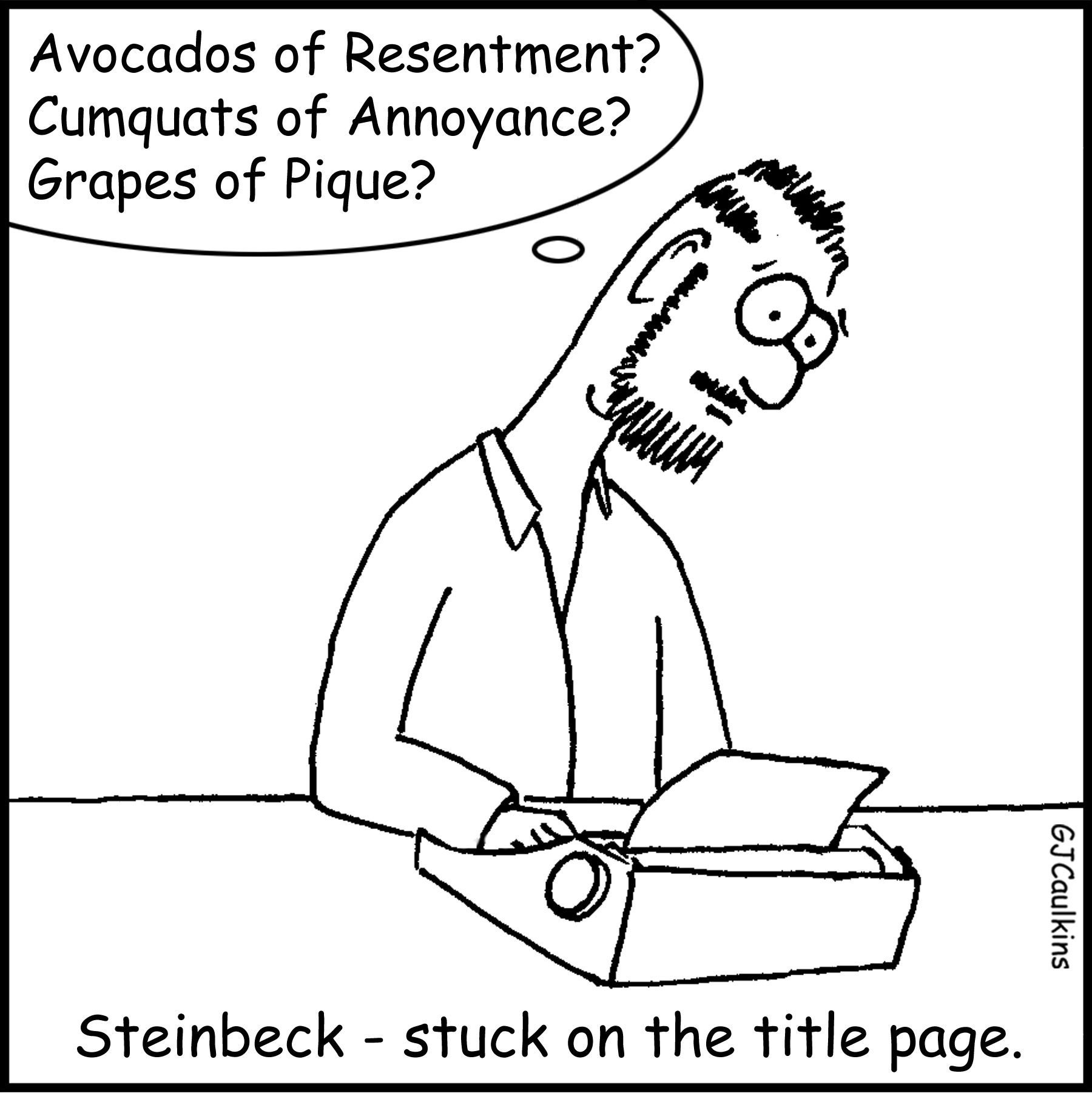


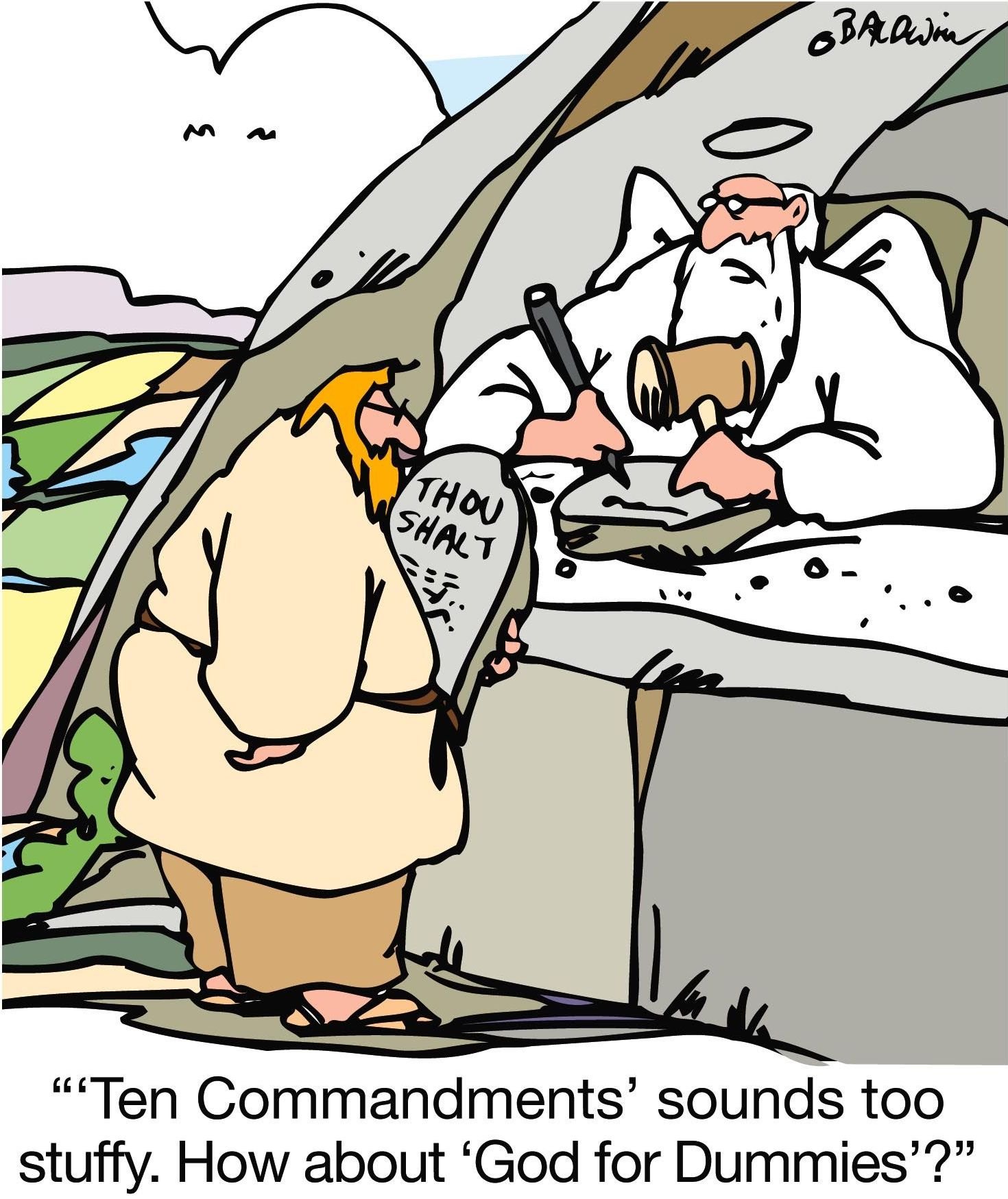
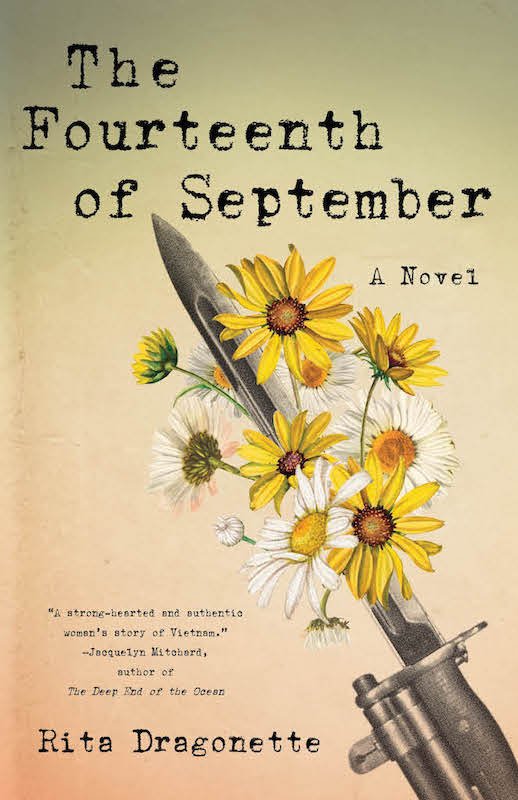

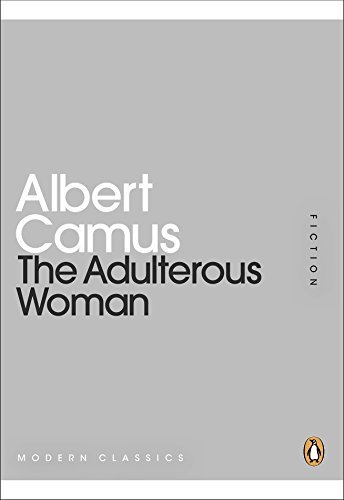
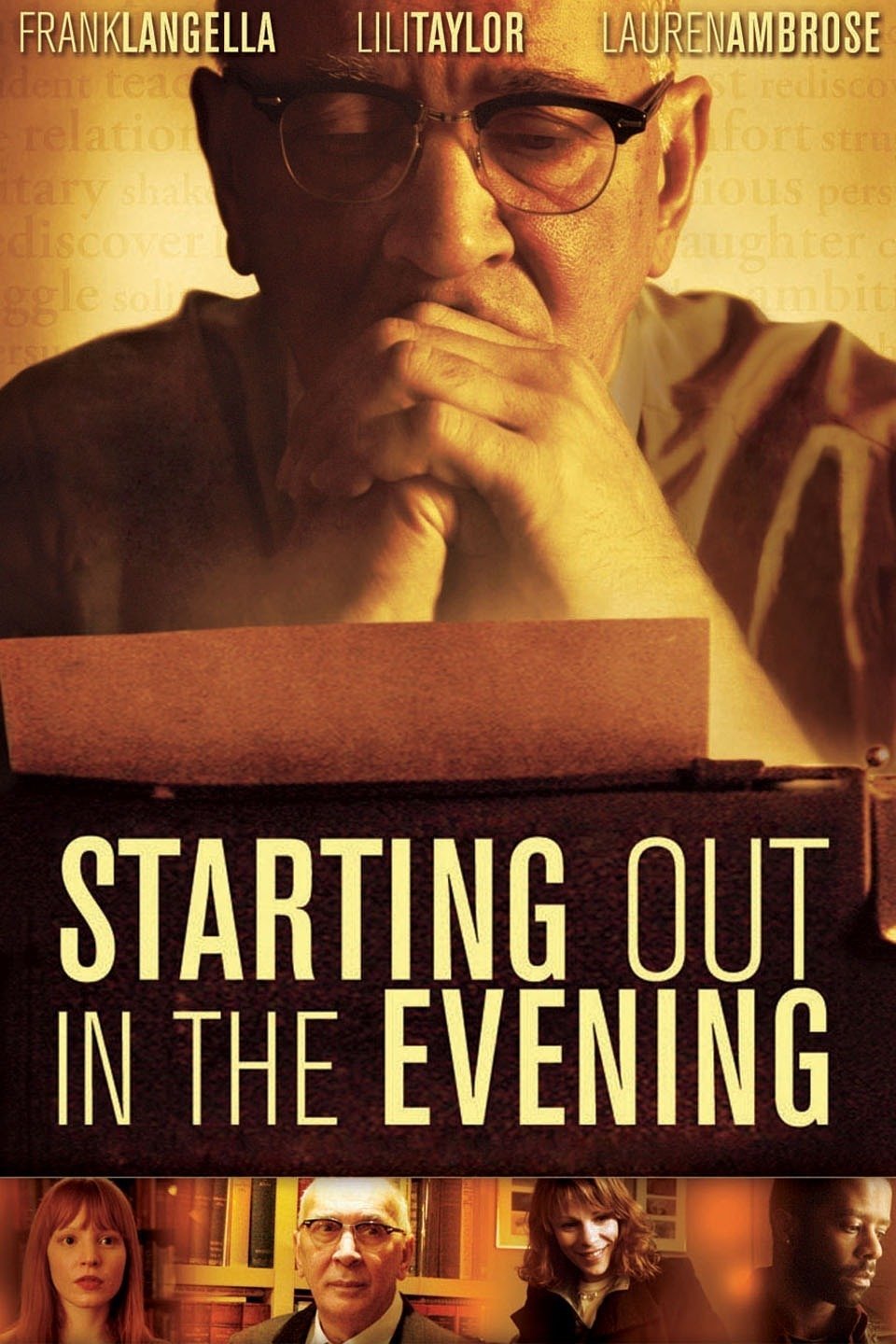

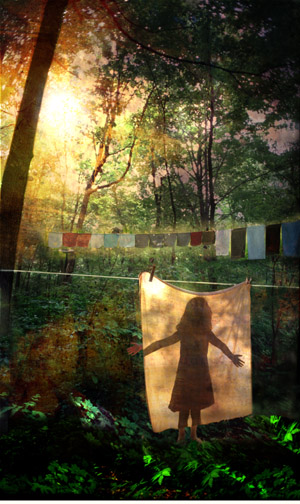









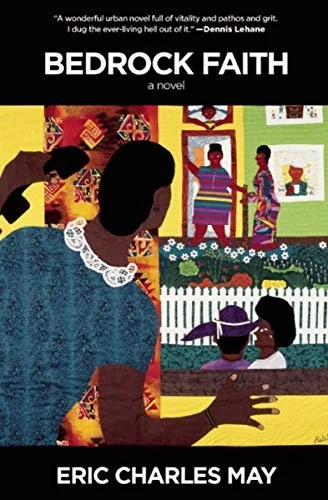








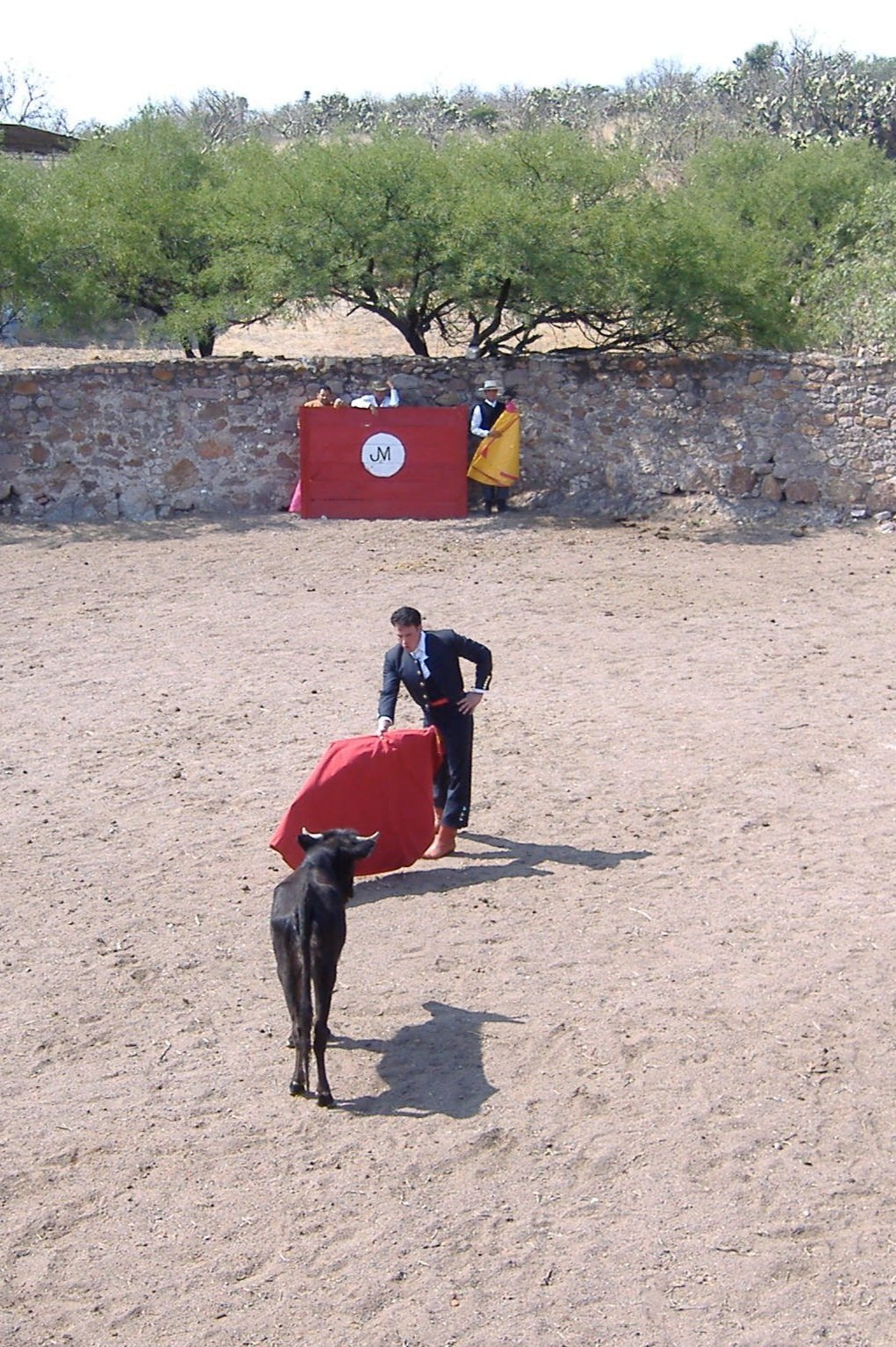



















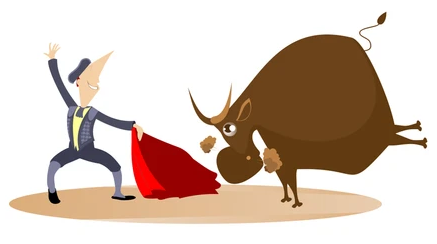























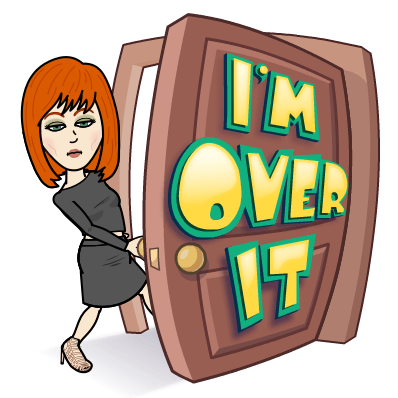
































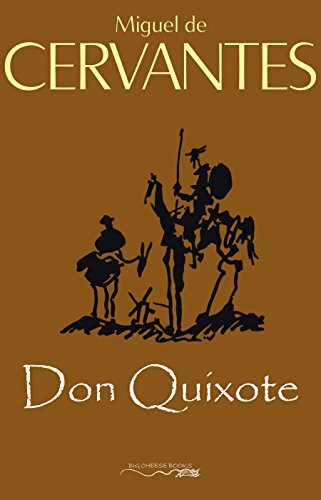
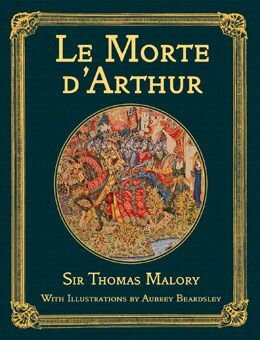
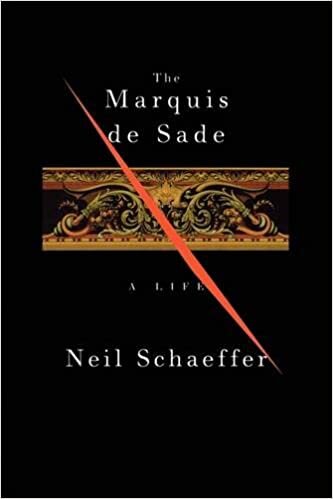
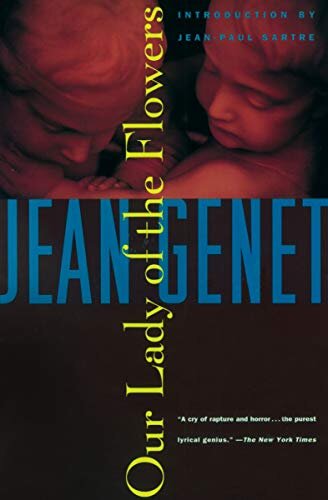
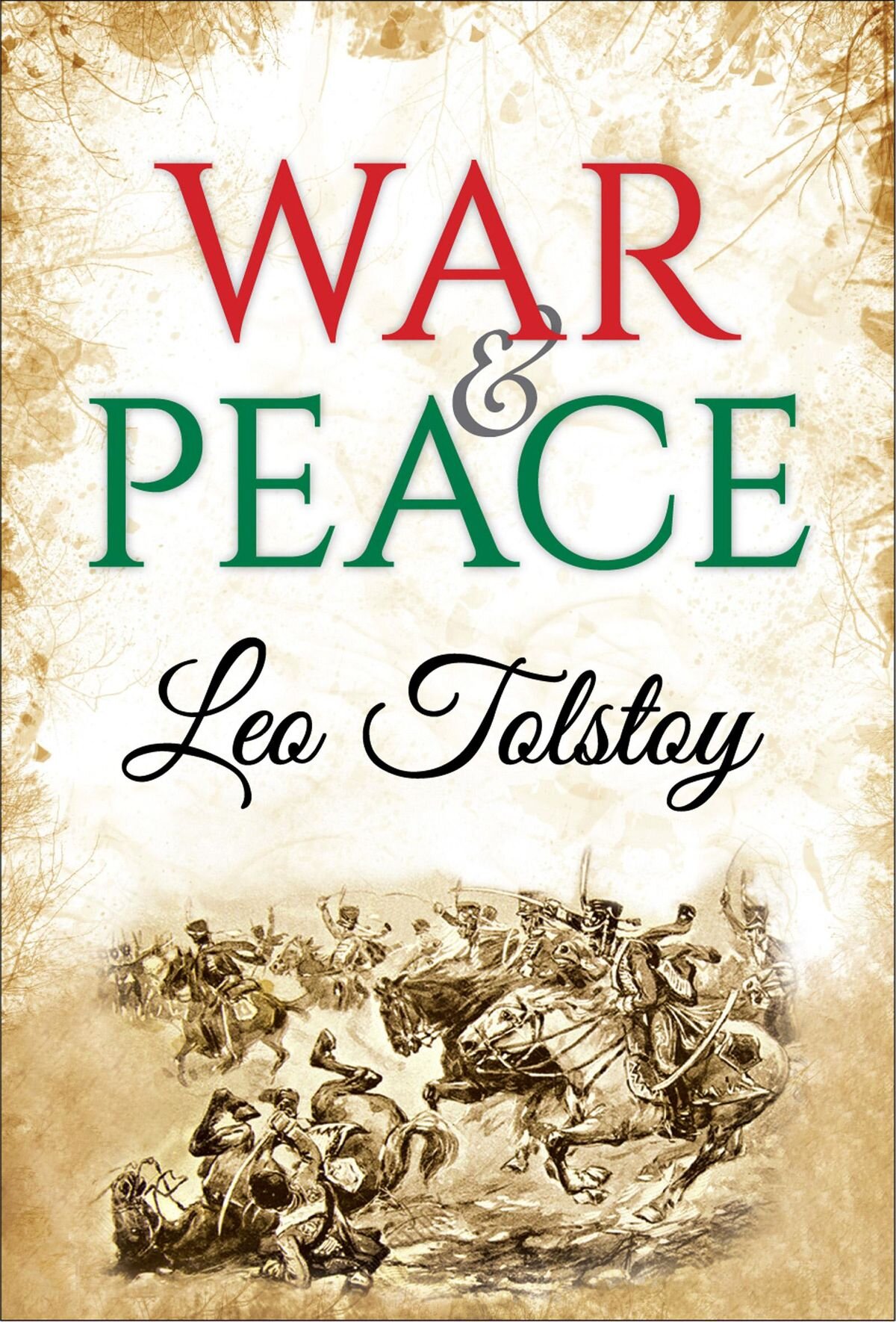
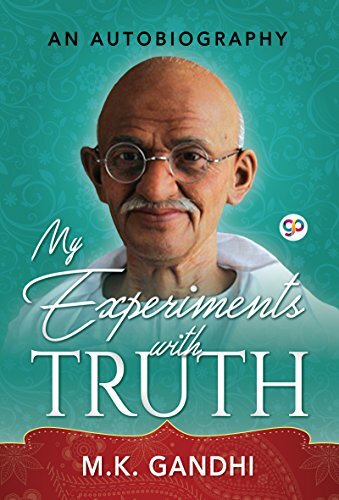




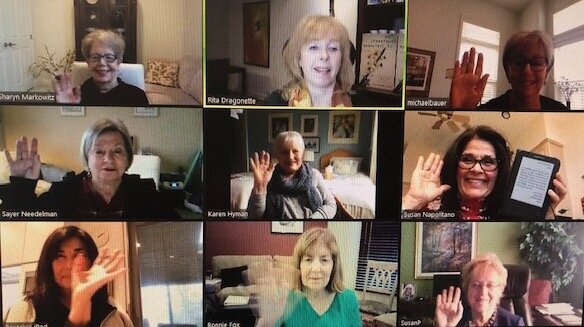




















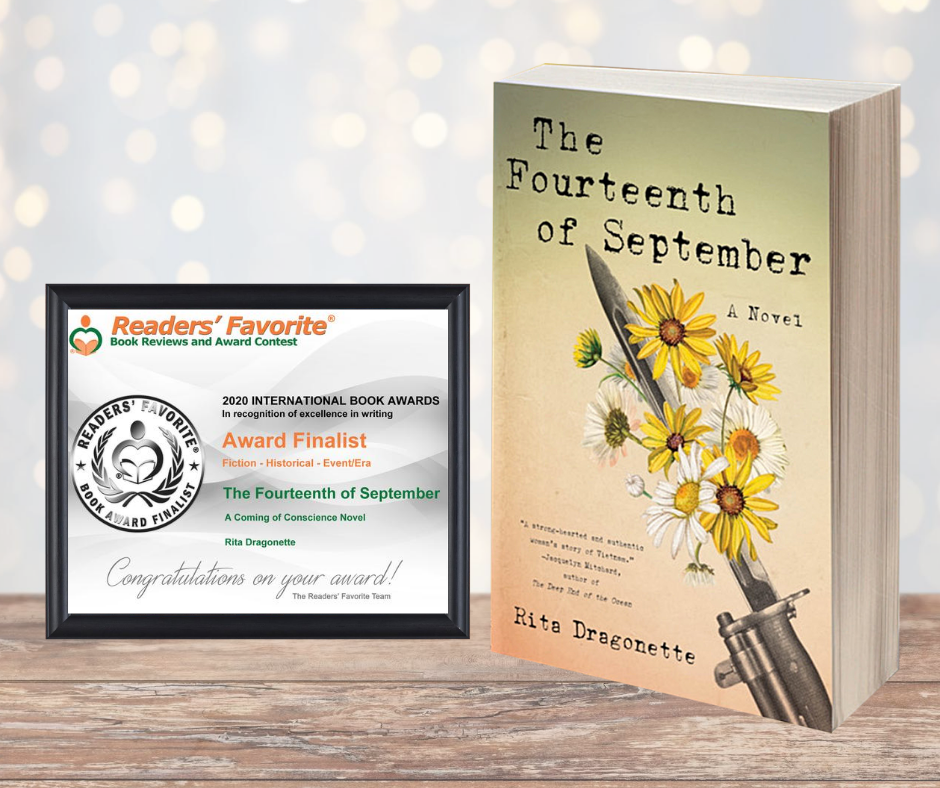









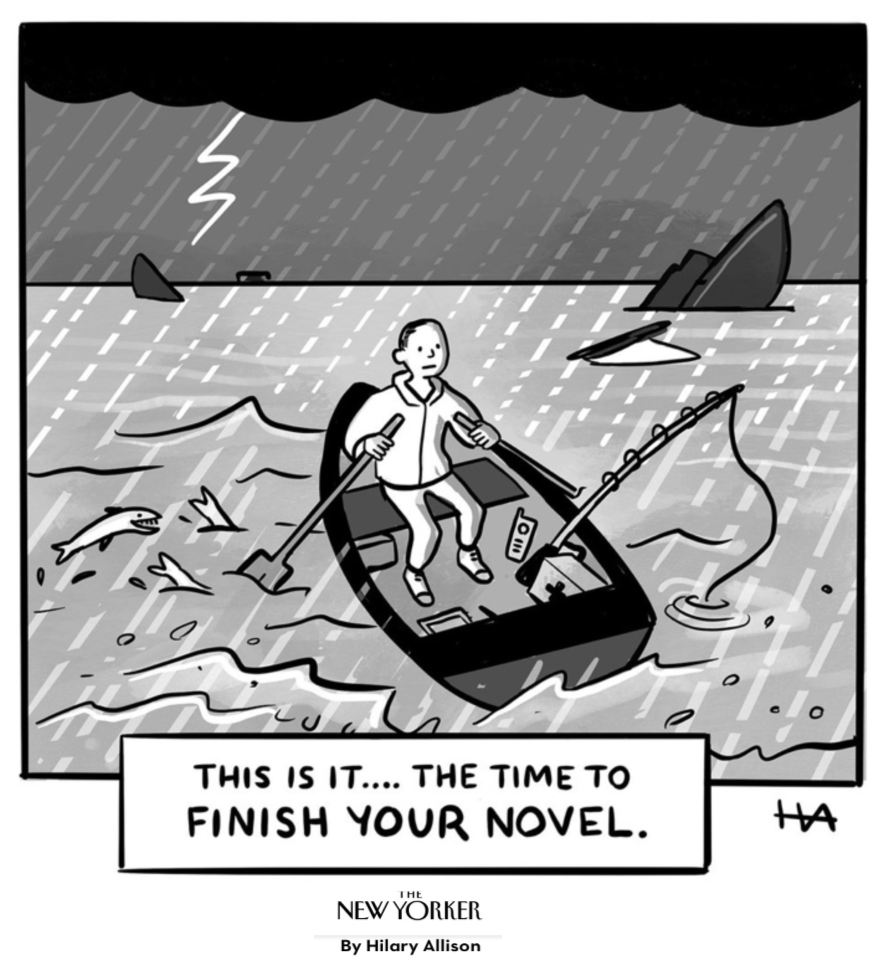








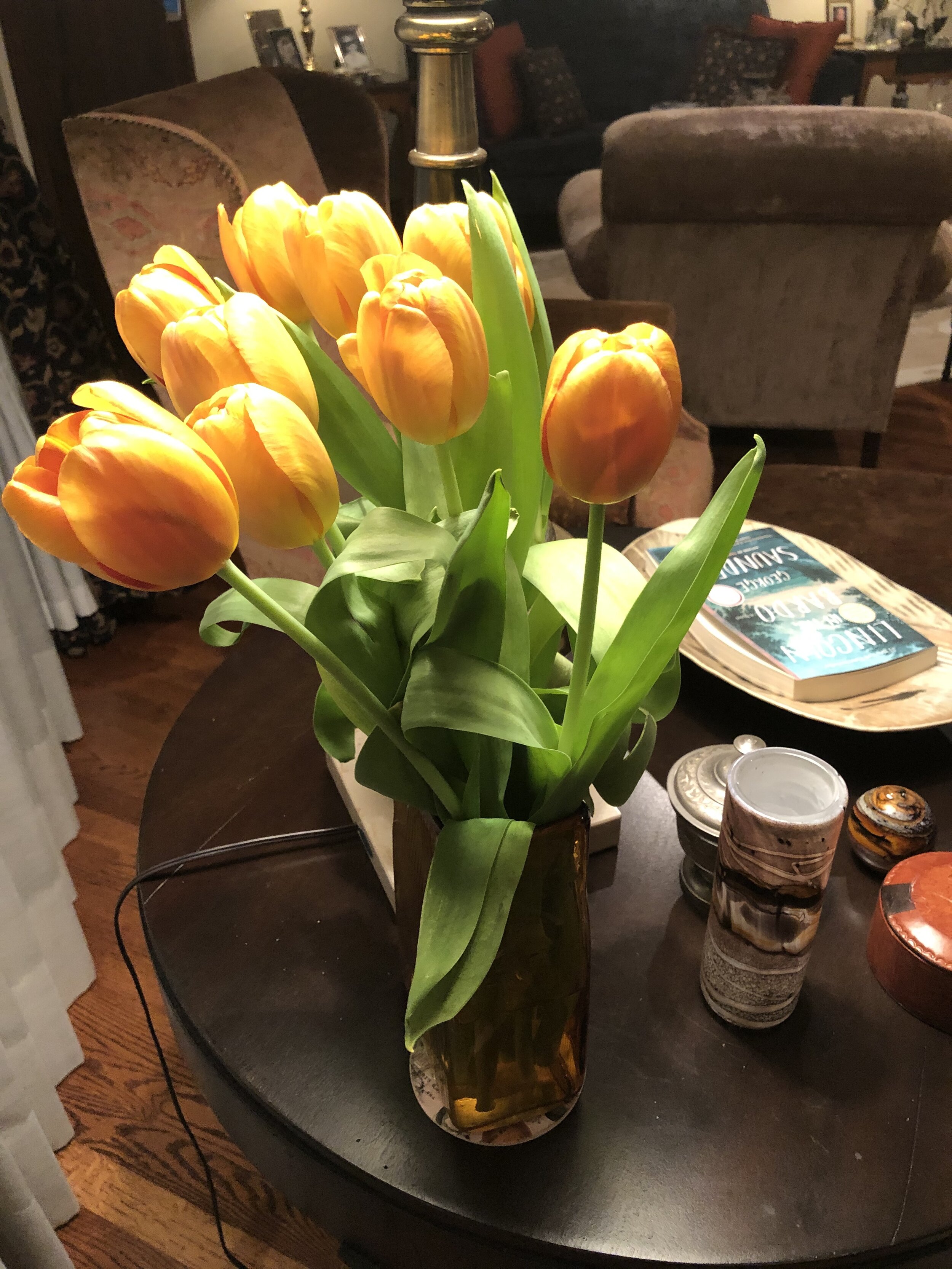


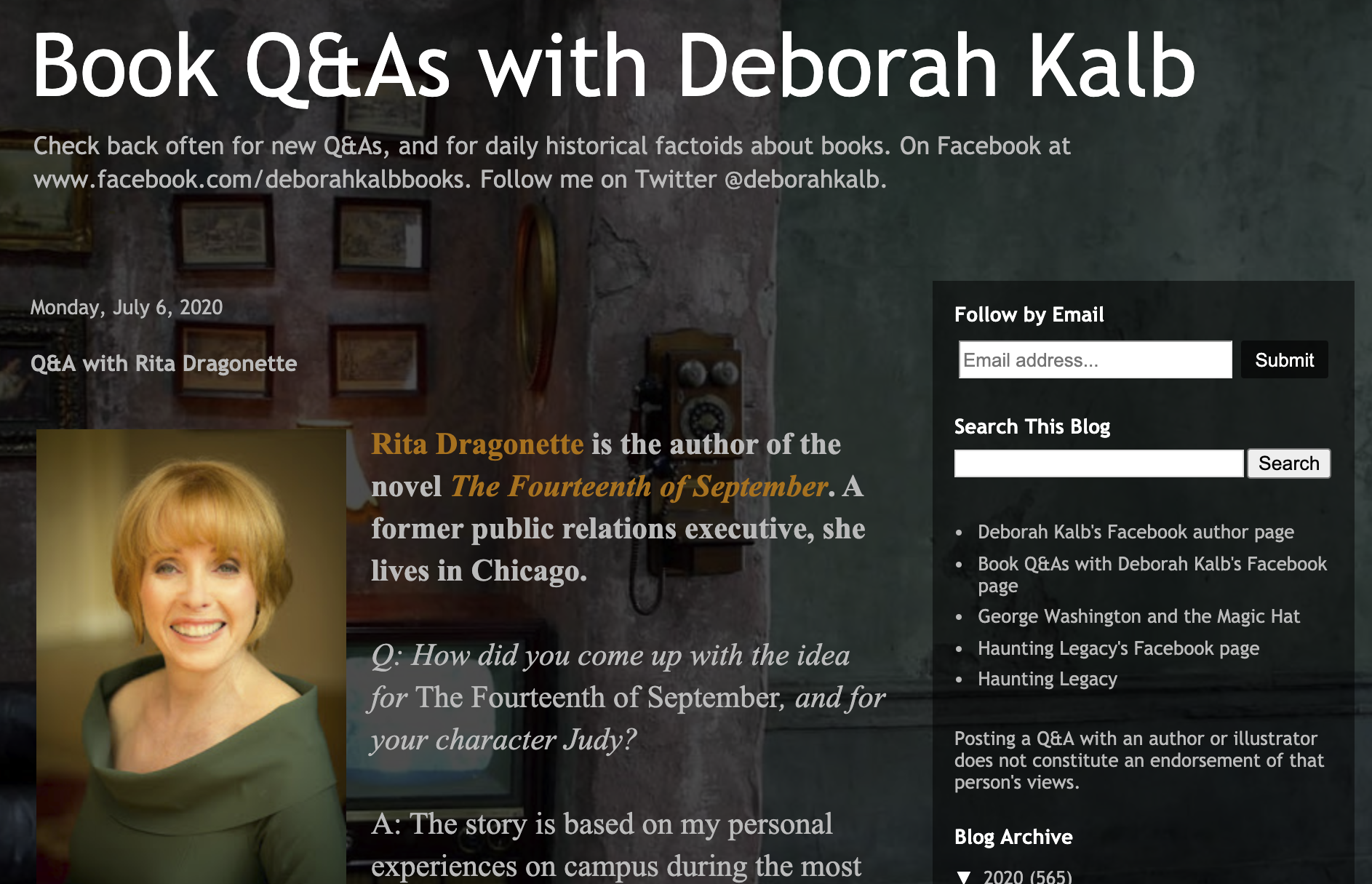
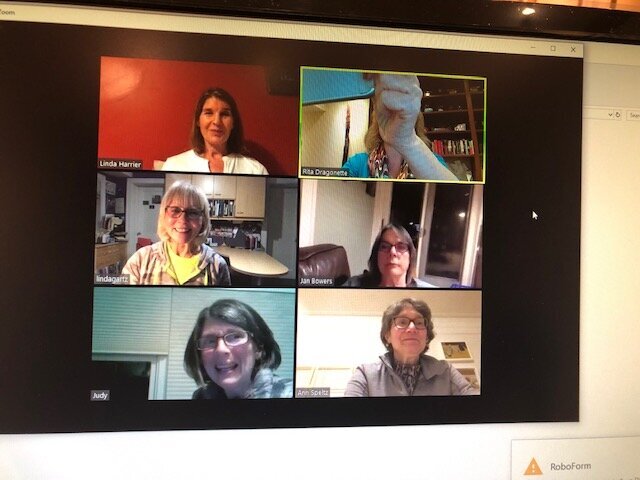






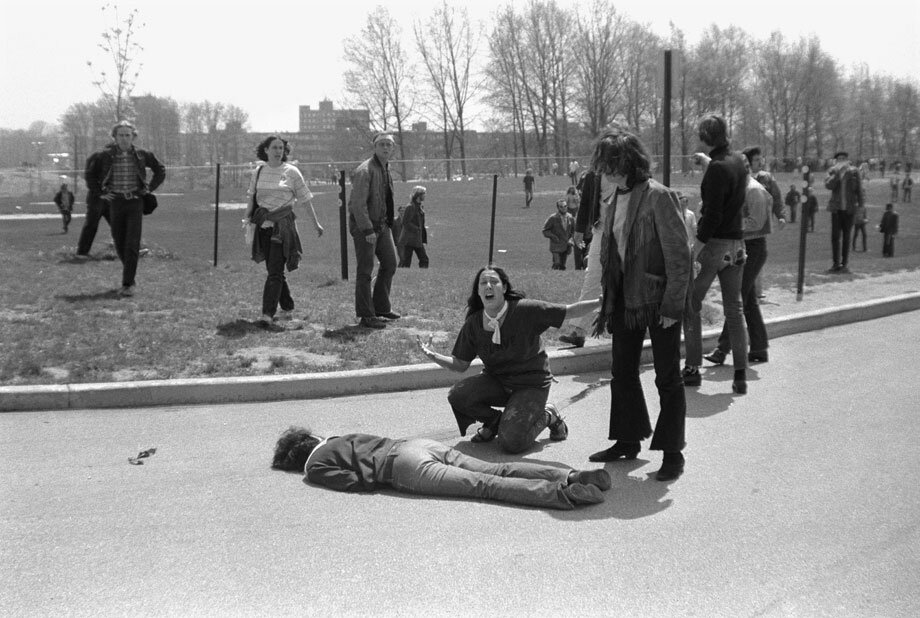
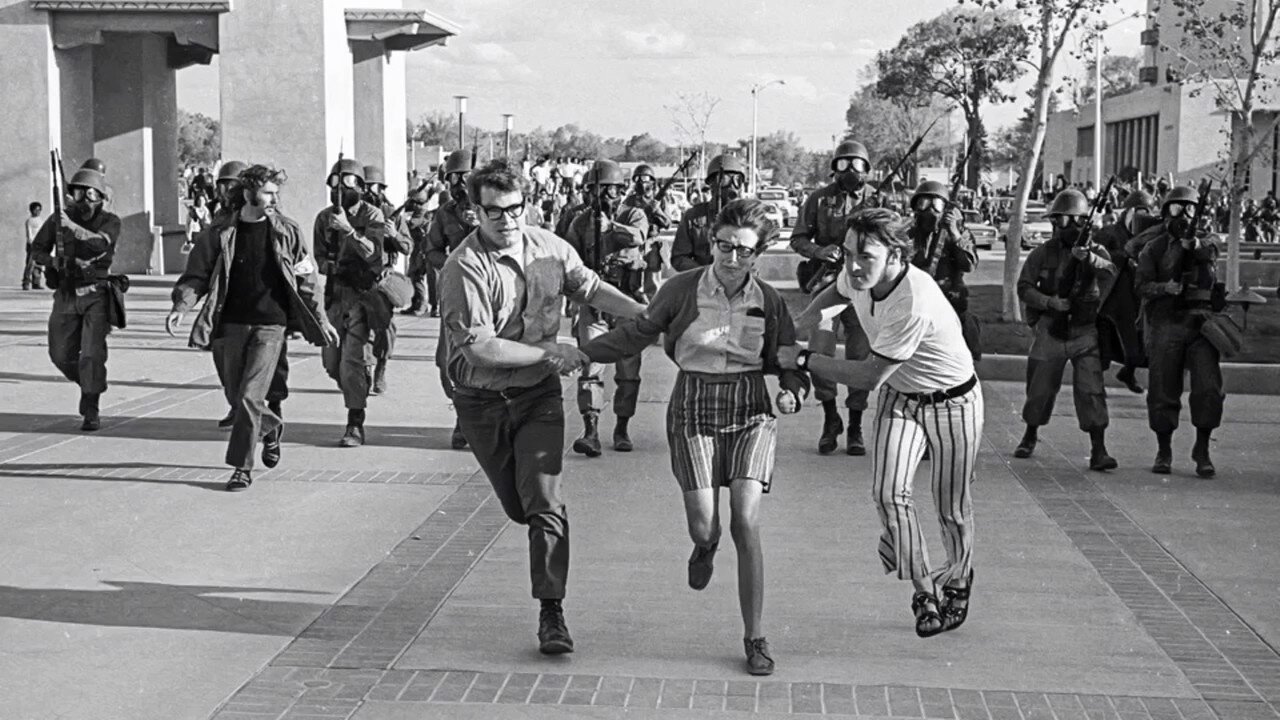





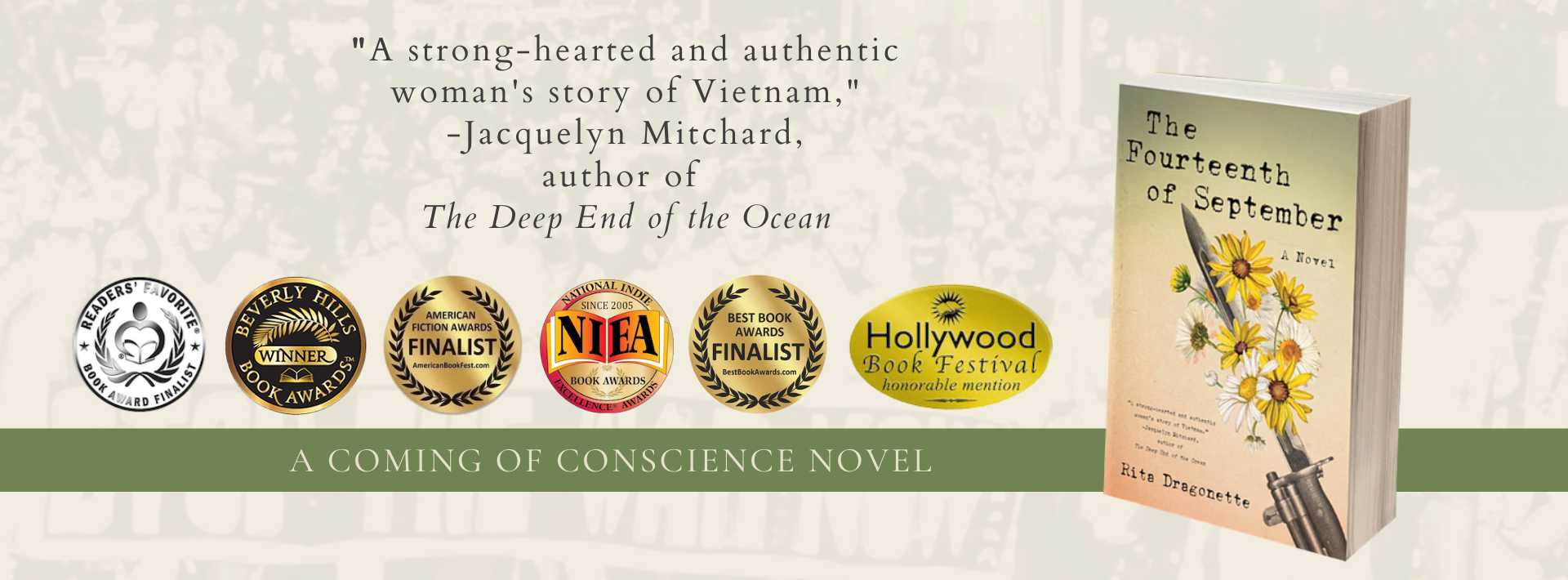













I was delighted to share the prologue of Last Sunset in San Miguel on July 20 at the prestigious Sunday Reading Series at the very hip jazz bar the Hungry Brain.